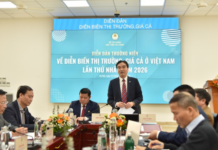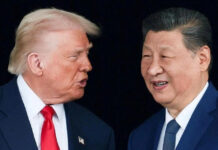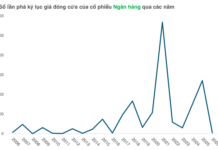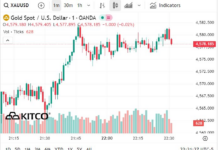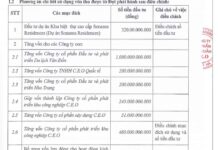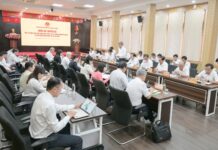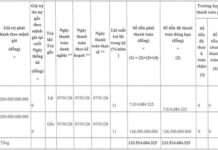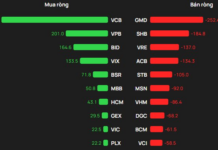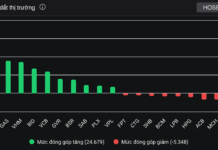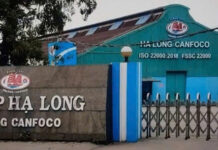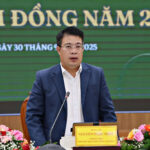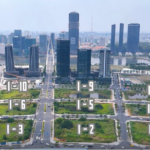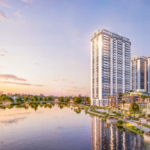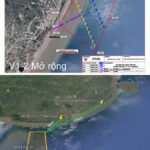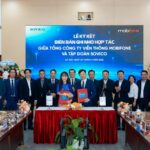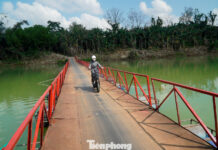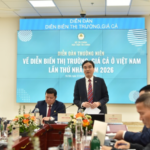Mr. Hai emphasizes that industrial zones, beyond generating land revenue, play a crucial role in boosting production, creating jobs, and contributing to GDP. When considering factory setups, foreign investors compare costs and competitive advantages with neighboring countries. If land rental prices are high while infrastructure and labor costs fail to compensate, Vietnam risks losing its appeal.
He argues that maintaining reasonable land costs is key to retaining FDI and encouraging domestic businesses to expand. Many investors are willing to pay higher land prices in exchange for better infrastructure, streamlined procedures, and lower labor costs. Conversely, when all factors are unfavorable, Vietnam struggles to retain capital.
In recent years, the government has granted more autonomy to local authorities, significantly reducing approval times. While projects once took up to three years to complete procedures, many now receive approval within six months. However, challenges related to land planning, legal frameworks, and input costs persist.
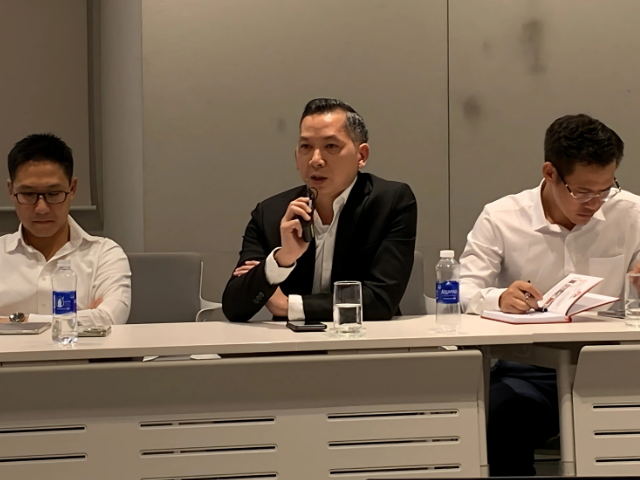
Mr. Tran Thanh Hai shares insights at the morning session on September 29 – Photo: Tu Kinh
|
At the same event, Mr. Pham Hong Diep, Chairman of Shinec Corporation, stressed that industrial zone development must be linked with infrastructure and logistics. He believes industrial zones are most effective when located near seaports, airports, or major transport routes to facilitate supply chain connectivity.
Mr. Diep highlighted the need for clear responsibility division: the government should focus on streamlining planning, land conversion, and investment approvals, while businesses must demonstrate financial capability and commit to international standards, from eco-industrial zones to ESG-compliant models. With synchronized efforts, project preparation times can be reduced from three years to one, creating a distinct competitive edge.
He emphasized local and business initiative as decisive factors. “If we’ve never done it before, let’s just do it. The government and central authorities will resolve issues. Waiting for all conditions to be perfect means we’ll never start.”
Drawing from experience, the Shinec Chairman pointed out that many projects stall due to planning without land conversion plans. He proposed more flexible mechanisms to prevent investors from missing opportunities. Additionally, localities should establish clear development criteria, integrating environmental, planning, land, and tax regulations to support businesses.
Commenting on these insights, Ms. Pham Thi Ngoc Thuy, Director of Office IV, described them as “high-quality and aligned with expectations.” She noted that the public-private partnership model is new and lacks a complete legal framework, but if it proves beneficial to both the state and businesses, it will undoubtedly gain support. “The key isn’t seeking policies but co-creating them,” she stressed.
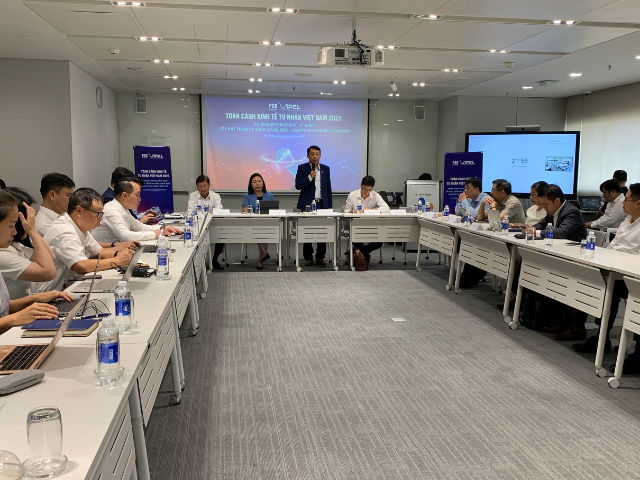
Special session of Committee II with experts from infrastructure, seaports, and logistics – Photo: Tu Kinh
|
Mr. Tran Thanh Hai underscored the link between industrial zone infrastructure and energy, an inseparable factor in development. To maintain competitiveness, electricity costs must be stable and reasonable, similar to land costs. Vietnam should adopt long-term energy policies, positioning clean energy as the foundation for attracting high-tech industries and sustainable capital.
He urged the Ministry of Industry and Trade to swiftly introduce a clear mechanism for Direct Power Purchase Agreements (DPPA), allowing manufacturers to buy green energy directly from renewable plants. This would help businesses meet export standards for Europe and the US while attracting private investment in clean energy.
“If Vietnam signs its first DPPA in the coming months, private capital will flow strongly into renewable energy,” the VinaCapital Deputy CEO predicted.
Mr. Hai also noted that the government’s Net Zero goal, while noble, is challenging due to the intermittent nature of wind and solar power. Transition energy sources like LNG are needed, but with transparent mechanisms to prevent monopolies in infrastructure hubs.
Echoing the urgency for renewables, Mr. Nguyen Ngoc Thai Binh, Deputy CEO of REE Corporation (HOSE: REE), highlighted Vietnam’s vast potential for wind and solar energy. REE has proposed allowing private investment in 10GW of offshore wind projects over 10-15 years. Mr. Binh stressed the need for a swift mechanism to select private investors, rather than limiting participation to state-owned enterprises.
From a supply chain perspective, Mr. Do Tri Tuan, Deputy CEO of Dai Dung Group, emphasized localizing equipment production. He called for policies encouraging domestic firms to manufacture wind turbine towers, steel structures, and port equipment, reducing reliance on imports. “Dai Dung has invested in a factory and is ready to join domestic wind projects, including offshore. Given the opportunity, we can become a key player in the local supply chain,” Mr. Tuan shared.
|
ViPEL, short for Vietnam Private Economic Landscape, is an initiative launched by Office IV under the Prime Minister’s directive. The forum aims to provide a comprehensive overview of the private sector and foster a new public-private cooperation mechanism. ViPEL’s structure includes four specialized committees, each focusing on a critical area: Committee I oversees emerging technologies and innovation; Committee II addresses infrastructure and nationally competitive sectors; Committee III focuses on manufacturing industries; and Committee IV targets resources and services. Committee members include business representatives, industry associations, experts, and government agencies, fostering two-way policy dialogue. On October 10, each committee will announce at least one flagship project to senior leaders, showcasing the “public-private nation-building” spirit ViPEL champions. This milestone will test the model’s effectiveness and the commitment of public and private sectors to co-creating economic policies. |
“Public-Private Nation-Building”
Tu Kinh
– 12:04 01/10/2025
Khải Hoàn Prime Unveils “100% River-View Apartments” with Exclusive Launch Offers
Positioned in the premium apartment segment yet offering a competitive price below 70 million VND/m², Khai Hoan Prime is capturing significant attention from both homebuyers and investors alike.
TTVN Group’s New Milestone in Shaping a Green Future for Vĩnh Long Province
On September 28, 2025, TTVN Group (Vietnam Truong Thanh Corporation) and its affiliated companies, alongside Japanese investors Tokyo Gas Co., Ltd. and Kumagai Gumi Co., Ltd., jointly launched the groundbreaking ceremony for the V1-2 Wind Power Plant Expansion and Dong Hai 3 Wind Power Plant projects.
Billionaire Nguyen Thi Phuong Thao Joins Hands with Mobifone Chairman: Deploying 5G for Smart Cities, Airports, and Integrated Smart Camera Infrastructure
On September 29th, MobiFone Telecommunications Corporation and Sovico Group formalized a comprehensive Memorandum of Understanding (MoU). This strategic partnership aims to develop a multi-utility technology and service ecosystem, driving national progress, empowering businesses, and enhancing the lives of Vietnamese citizens.

